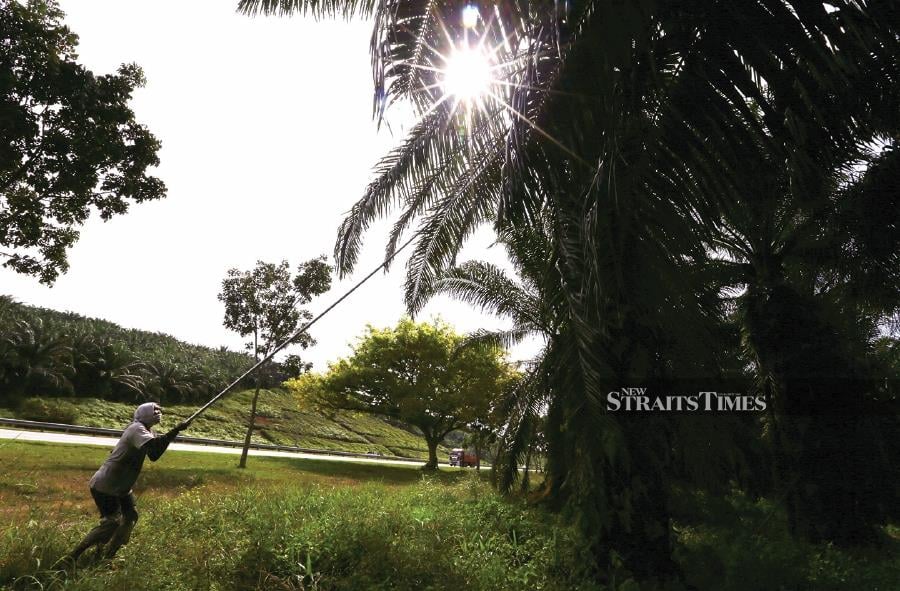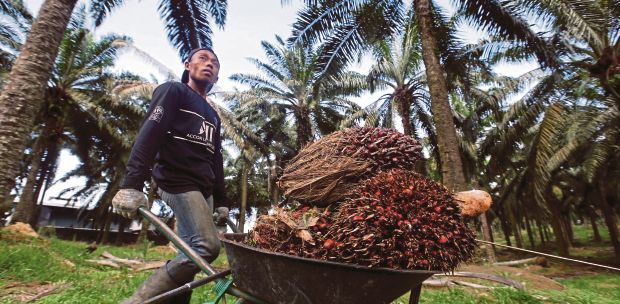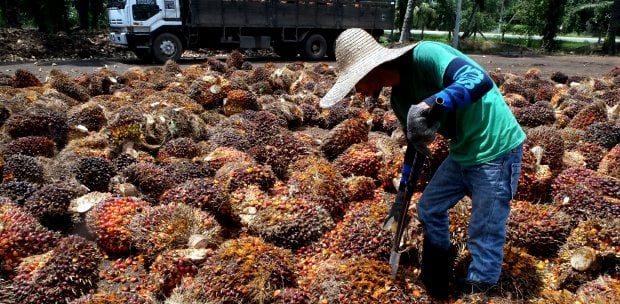WE often think in silos. We tend to reduce complex problems into simplified ways based on generalisations.
What we don't often do, but should, is connect the dots, linking different areas of policies together, finding commonalities and solutions through a whole-of-system approach.
For example, we have been thinking about climate change, about what happened at COP26 in Glasgow, without connecting it to another global summit, the Kunming COP15 on Biodiversity.
The same can be said about human rights, a complex and multifaceted area of work that often becomes politicised.
Less attention is given to the issue of human rights compliance by the private sector, and the role that governments and civil societies play to ensure that companies not only follow the rule, but embrace progressive positions as well.
In practice, it means not only avoiding the exploitation of possible loopholes, but acting in the best interest of workers, stakeholders and the community.
For example, in Malaysia and Indonesia, palm oil plantations have been playing a huge role in national economies, greatly contributing to the national gross domestic product.
Because of global pressure, the palm oil industry has stepped up efforts to improve standards.
I am referring to human rights and we know that in the past, there have been abuses not only of local workers in plantations, but also of Mother Nature.
For example, Greenpeace International published a scathing report, Destruction: Certified, that assessed the lack of effectiveness in the global certification programmes in the industry.
Malpractice persists and yet something is changing and it is undeniable.
I recently had a conversation with Kamini Visvananthan, a lawyer and expert on human rights and labour standard compliance in Southeast Asia.
Kamini was a key player in trying to fix the problems faced by the palm oil industry as the first human rights and social standards manager for the Roundtable on Sustainable Palm Oil.
Now as an independent consultant, Kamini can paint a wide picture. She believes that a big change happened because there are actual conversations on human rights compliance in the sector.
According to her, it is because the focus is not only on the environment, but also on a much broader array of core human rights issues.
The attention is on living and working conditions and with this, linking the dots, the issue of migration, too, so long neglected despite being the backbone of the industry in terms of manpower.
We also talked about mandatory human rights due diligence, which means much stricter procedures to check human rights compliance throughout the supply chain.
The European Union is pushing towards this area of legislation, especially the Netherlands and Germany.
For Kamini, such legislation must be included in the broader toolkit: stronger enforcement of regulations at the national levels, together with stronger partnerships with civil societies.
These are indispensable elements if we want to ensure that such mandatory due diligence legislation will be impactful.
In Indonesia, non-governmental organisations appear to be more assertive and organised, while in Malaysia there is still tremendous scope for non-state actors to be allowed to do more.
Malaysia recently approved a National Action Plan to eliminate forced labour, together with a groundbreaking decision to ratify the International Labour Organisation Protocol 29.
These are potential game-changers, but ultimately it will depend on the political commitment to implement them, including the courage to deal with illegal migration.
There is even a new electronic remedy system for labourers, an enhanced way to lodge complaints against employers. But again, it won't be easy.
Moreover, Kamini rightly points out that illegal migration can be tackled only through multilateral channels. Therefore, Malaysia and Indonesia should step up efforts to find common solutions.
A whole-of-government approach is needed, bringing human rights, including women's rights, to the centre of the conversation on compliance with a common framework at the Asean level.
Working with not-for-profit actors and human rights practitioners is a must not only for Malaysia, but the entire region as well.
For sure, the palm oil industry has a lot of work to do. Palm oil conglomerates need to step up and act progressively if they want to save their bottomline.
The author writes on civic engagement, youth development, the SDGs and regional integration in the context of the Asia Pacific






